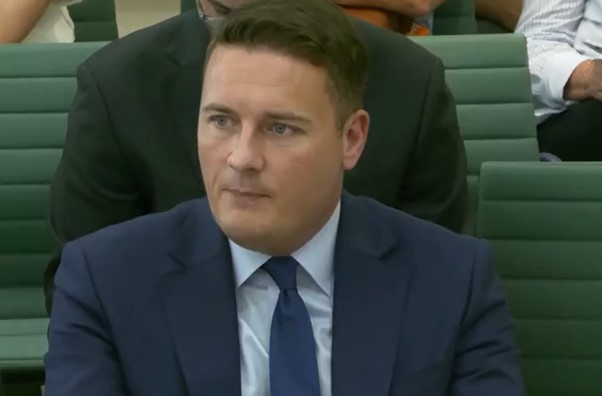Sir Jim Mackey warned providers in May that funding was ‘maxed out' and they would have to learn to live within their means by creating better value for every pound invested.
Recent IFS analysis has further tempered expectations highlighting that following last year's £26bn investment increasing health funding at anything like the historical average rate would mean imposing real-terms cuts on other ‘unprotected' departments to stay within the overall spending envelope.
If there is any money forthcoming, however, there is general consensus that investment in the crumbling NHS estate should be the number one priority.
Although some will remain squeamish about private investment in the NHS as a point of principle, securing this additional funding stream offers a way out of the financial strait-jacket the Government finds itself in.
Furthermore, by tackling essential maintenance now the Government will give itself a far greater chance of meeting its ambitious productivity and waiting list targets.
With the Government flagging behind Reform UK in the polls and Labour asking to be judged by the electorate on NHS delivery, the stakes could not be higher for the chancellor as she seeks to shape the political battleground for the next three years.



